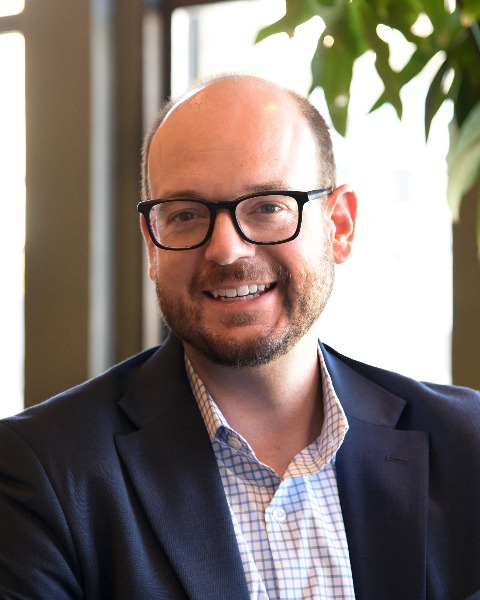

Daniel Castner, AIA, LEED AP
Principal, Life Science Practice Director
Mancini Duffy
After 22 years of leading BAM's Science and Technology Practice, Dan joined Mancini Duffy as its director of the Life Science Practice in 2022. Dan is working with the Mancini Duffy team to continue to build its Life Science practice in the Northeast and beyond. The practice will focus on a range of projects and clients, including those with Laboratory Research facilities, Incubators, Biotech, Pharmaceuticals, Therapeutics and Medicine. He is spearheading the practice, including ensuring projects are completed on time, within budget, and ultimately fostering empathetic and transparent relationships with the clients.
Dan enjoys the design process, and looks forward to new opportunities to collaborate with clients on a wide range of project scales, from single rooms to entire campuses. He looks forward to each new and interesting challenge as a chance to learn and help others in the process. He was involved with programming for IFMA NYC (member, co-chair and chair) for six years, leaving his mark on IFMA NYC by arranging a highly popular wine tasting. The event was so popular that it became the Chapter's annual August fundraiser, and the same model was shared with other chapters across the country.
Dan is the Immediate Past President of the International Facility Management Association, New York City Chapter. In January of 2014, he received IFMA NYC's Distinguished Associate Member Award. He has also attended IFMA's World Workplace conference every year since 2013, most recently as a delegate representing New York. He is also spearheading the collaboration between the NYC chapter and its sister chapters, including Westchester, NJ and Long Island, to benefit members outside of the five boroughs to the entire region and beyond.
He holds a Bachelor of Architecture from the New Jersey Institute of Technology's Honors College, is a Registered Architect in several states, and is a LEED AP professional.




